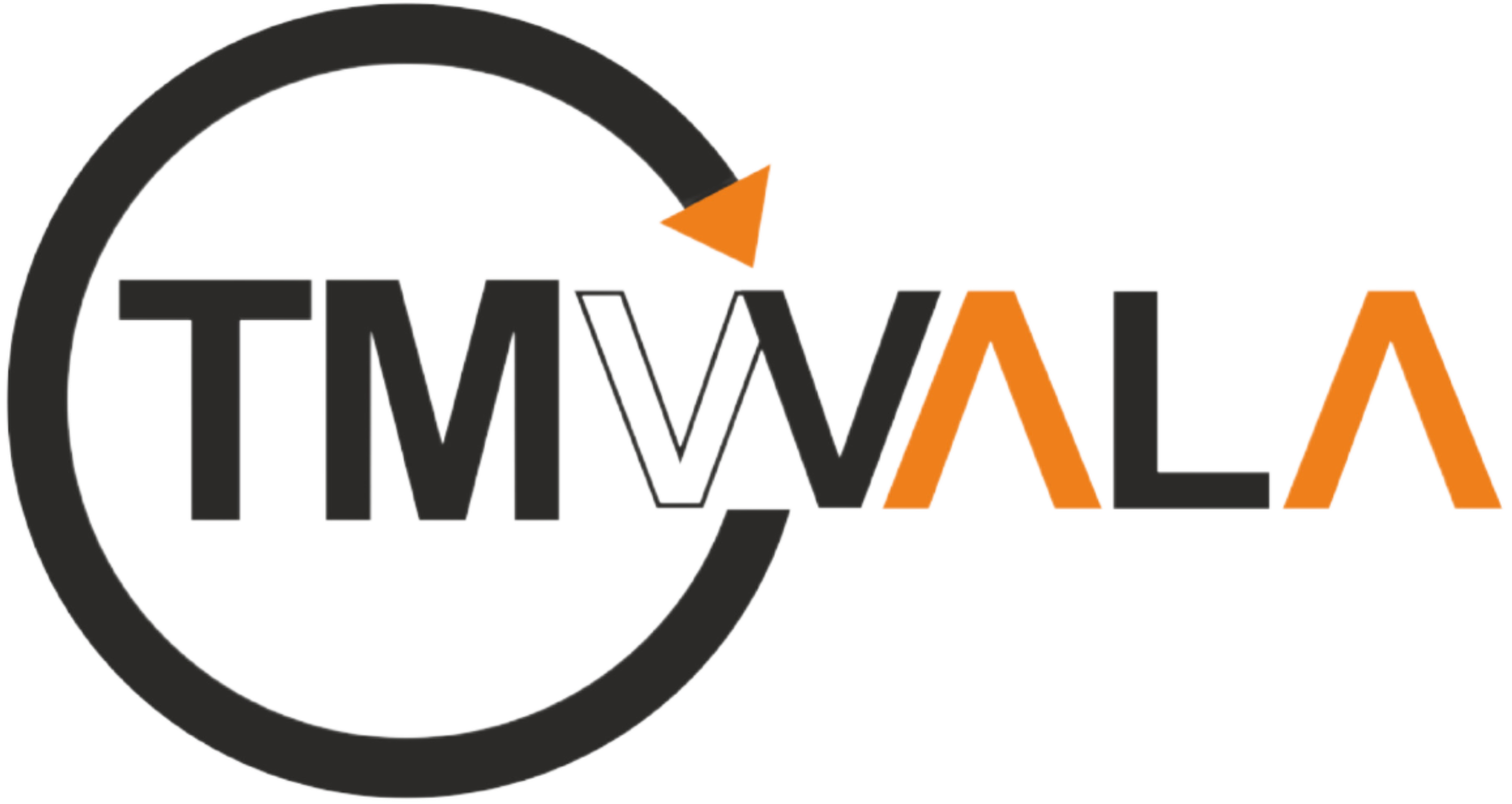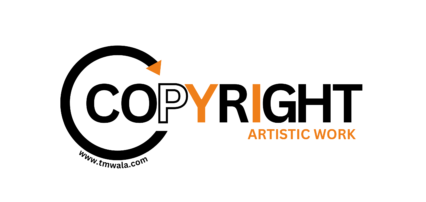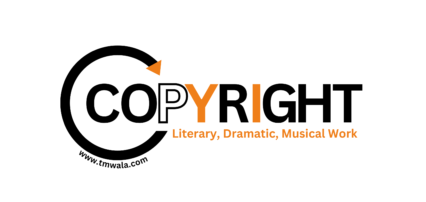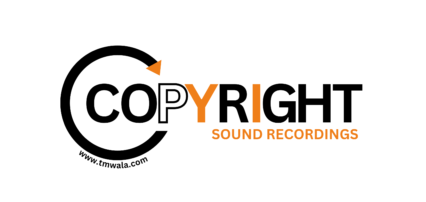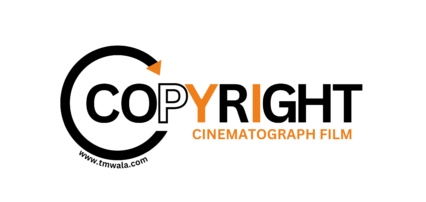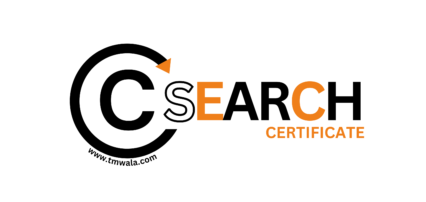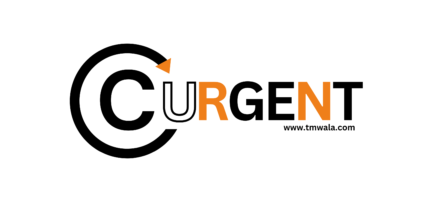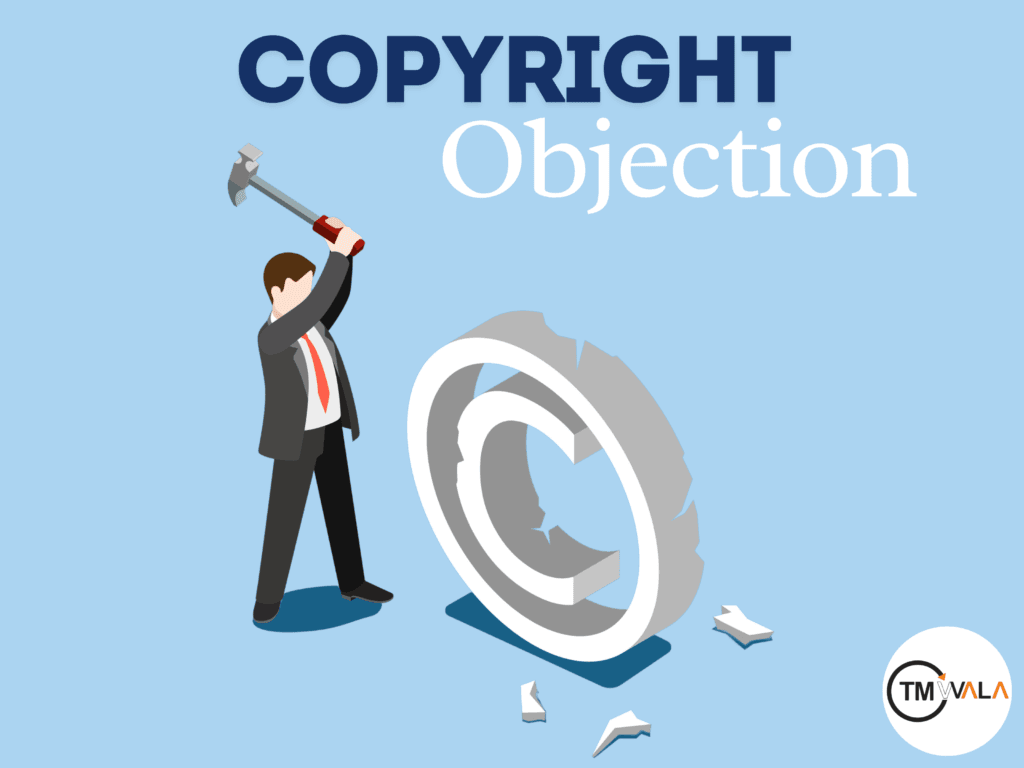Introduction
Copyright protection is essential for safeguarding the rights of creators and ensuring their works are not misused or plagiarized. In India, the Copyright Act, 1957, governs copyright law. One critical aspect of copyright law is the objection process, where interested parties can challenge the registration of a copyright. This blog will provide a detailed overview of the copyright objection filing process in India, its significance, and address frequently asked questions to simplify this important legal procedure.
What is Copyright?
Copyright is a legal right granted to the creator of an original work. This right provides the creator with exclusive control over the use and distribution of their work for a certain period. Copyright protection applies to a wide range of works, including literary, artistic, musical, and cinematographic creations.
Scope of Copyright
The scope of copyright includes the right to:
- Reproduce the work
- Distribute copies of the work
- Perform the work publicly
- Display the work publicly
- Create derivative works based on the original
What is a Copyright Objection?
A copyright objection is a formal challenge to the registration of a copyrighted work. It is filed by an interested party who believes that the work in question does not meet the criteria for copyright protection or that its registration infringes on their own rights. The objection process is an essential mechanism for maintaining the integrity of the copyright system and preventing the misuse of copyright protection.
Grounds for Filing a Copyright Objection
There are several grounds on which a copyright objection can be filed:
- Lack of Originality: If the work lacks originality and is not an independent creation of the author.
- Prior Publication: If the work has already been published before the application for copyright registration.
- Infringement of Existing Rights: If the registration of the work infringes on the rights of another copyright holder.
- Non-compliance with Legal Requirements: If the work does not comply with the legal requirements for copyright protection as outlined in the Copyright Act, 1957.
- Misrepresentation or Fraud: If the application for copyright registration contains false information or is filed with fraudulent intent.
Procedure for Filing a Copyright Objection
Step-by-Step Process
- Identify the Grounds for Objection: Clearly identify the specific grounds on which you are filing the objection. This could be lack of originality, prior publication, infringement of existing rights, non-compliance with legal requirements, or misrepresentation.
- Gather Evidence: Collect all necessary evidence to support your objection. This could include copies of previously published works, proof of your own copyright, and any other relevant documents.
- Draft the Objection: Prepare a detailed written objection outlining the grounds for your challenge and attaching all supporting evidence. The objection should be clear, concise, and well-organized.
- Submit the Objection: File the objection with the Copyright Office. Ensure that you follow the specific procedures and format required by the Copyright Office.
- Attend Hearings: If required, attend any hearings scheduled by the Copyright Office. Be prepared to present your case and respond to any questions or counterarguments.
- Await Decision: The Copyright Office will review your objection and make a decision. This process may take several months, depending on the complexity of the case.
Tools and Resources for Filing an Objection
- Indian Copyright Office: The official body for filing copyright objections in India.
- Legal Counsel: Hiring a lawyer specializing in intellectual property law can help navigate the objection process.
- Online Resources: Websites and databases that provide information on copyright law and the objection process.
Documents Required for Filing a Copyright Objection
To file a copyright objection, you typically need the following documents:
- Written Objection: A detailed written objection outlining the grounds for your challenge.
- Supporting Evidence: Copies of previously published works, proof of your own copyright, and any other relevant documents.
- Applicant’s Information: Details of the objector, including name, address, and contact information.
- Authorization Letter: If the objection is filed by an agent or representative, an authorization letter from the objector.
Costs Associated with Filing a Copyright Objection
The cost of filing a copyright objection can vary based on several factors:
- Filing Fees: Fees charged by the Copyright Office for processing the objection.
- Legal Fees: Fees charged by legal counsel or intellectual property consultants.
- Administrative Costs: Costs associated with gathering evidence, preparing documents, and attending hearings.
Common Challenges and How to Overcome Them
Challenges
- Gathering Evidence: Collecting sufficient evidence to support your objection can be time-consuming and challenging.
- Legal Complexity: Navigating the legal complexities of the copyright objection process requires expertise.
- Delays: The objection process can be lengthy, with potential delays in hearings and decisions.
Solutions
- Use Professional Services: Hiring legal counsel or intellectual property consultants can help overcome the complexities of the objection process.
- Thorough Preparation: Prepare thoroughly by gathering all necessary evidence and ensuring your objection is well-drafted and supported.
- Follow-Up: Regularly follow up with the Copyright Office to track the progress of your objection and address any issues promptly.
Conclusion
Filing a copyright objection is a crucial process for protecting your rights and ensuring the integrity of the copyright system. By understanding the grounds for objection, following the proper procedures, and addressing common challenges, you can effectively navigate the objection process and safeguard your creative works.
FAQs
1. What is a copyright objection?
A copyright objection is a formal challenge to the registration of a copyrighted work, filed by an interested party who believes the work does not meet the criteria for copyright protection or infringes on their rights.
2. Why is filing a copyright objection important?
It helps maintain the integrity of the copyright system, prevents the misuse of copyright protection, and ensures that only eligible works are granted copyright.
3. What are the grounds for filing a copyright objection?
Grounds for objection include lack of originality, prior publication, infringement of existing rights, non-compliance with legal requirements, and misrepresentation or fraud.
4. What documents are needed for a copyright objection?
A detailed written objection, supporting evidence, applicant’s information, and an authorization letter if filed by a representative.
5. How long does the copyright objection process take?
The process can take several months, depending on the complexity of the case and any potential delays in hearings and decisions.
6. What happens after I file a copyright objection?
The Copyright Office will review your objection, schedule hearings if necessary, and make a decision based on the evidence presented.
7. Can I appeal the decision of the Copyright Office?
Yes, if you are not satisfied with the decision, you can appeal to a higher authority or court.
8. Is it necessary to attend hearings for a copyright objection?
Yes, attending hearings is important to present your case and respond to any questions or counterarguments.
